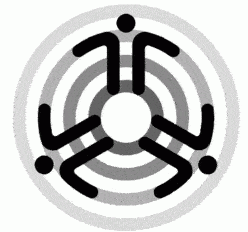The Cybercrime Bill was introduced in the Senate by the Minister of National Security Gary Griffith on March 21 2014. The Bill seeks “to provide for the creation of offences related to cybercrime and related matters” and if passed would repeal the Computer Misuse Act 2000
The offences related to cybercrime and related matters includes
- illegal access to a computer system
- Illegally remaining in a computer system
- Illegal interception of subscriber or traffic data
- Illegal data interference
- Illegal acquisition of data
- possession and distribution of devices that is designed or adapted for the purpose of committing an offence under this Act or disclosure of password or access codes
- Unauthorised receiving or granting of access to computer data
- forgery of computer data and distribution of forged data
- Computer-related fraud
- Identity-related offences
- child pornography
- using computers to set up a meeting with a child for the purpose of abusing the child.
- the offence of violating a person’s privacy by capturing and sharing pictures or videos of a person’s private area without his consent.
- relaying of multiple email messages with the intent to deceive as to the origin of the message
- the offence of harassment through the use of electronic means with the intent to cause emotional distress.
- criminalising the act of sending multiple electronic mail messages that are unsolicited and which causes harm to a person or damage to a computer.
The Bill lapsed with the end of the Parliament session on July 30 2014.
- Cybercrime Bill 2014
- Trinidad & Tobago Parliament website on the Cybercrime Bill 2014 which has the Hansard of the Parliament deliberations.

